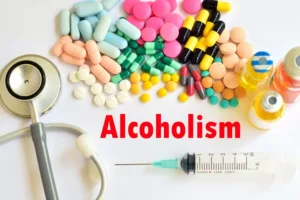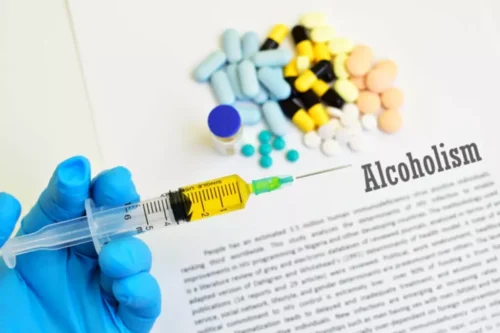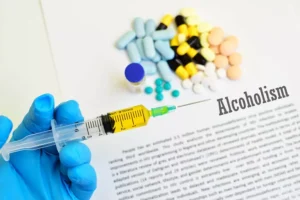Does alcohol thin your blood? Does alcohol raise blood pressure? » Ask Our Doctors

The lowest risk of CAD deaths was found in people consuming approximately one to two alcoholic equivalents. A more neutral effect was found with stroke deaths and non-fatal strokes. A 2011 literature review that included 84 prior research studies found that people who drank alcohol had a reduced number of cardiovascular and stroke deaths. Researchers also found decreased rates of coronary artery disease (CAD) and non-fatal stroke among people who drank alcohol compared to those who didn’t. Therefore, if you are taking Eliquis, limiting your alcohol consumption is recommended. Alcohol can also alter the time it takes for your body to break down your blood-thinning medication which means it can stay in your system for longer.

Does alcohol thin the blood?
Always beer and blood thinners discuss personal drinking habits with healthcare providers for tailored advice. Of course, if you drink alcohol, drinking in moderation is always recommended. Over-imbibing can affect how quickly your blood clots and can increase your chances of falling.

Alcohol Interactions With Anticoagulants and Antiplatelets
Several studies have been published that link heart health with red wine, as Mayo Clinic reports that a daily glass of red wine may have certain health benefits. Severe Internal BleedingExcessive alcohol consumption combined drug addiction with Eliquis significantly raises the risk of life-threatening bleeding. Signs of severe bleeding include black or tarry stools, vomiting blood, unusual bruising, or prolonged bleeding from minor cuts. Some people are born with a condition where their blood clots more easily than in other people. Anticoagulants can help prevent them from having complications, such as deep vein thrombosis, due to their condition.

Talking to Your Healthcare Provider
- Monitoring alcohol intake is essential to manage these risks effectively.
- According to the Dietary Guidelines for Americans, published by the U.S.
- One significant indicator is the inability to control alcohol consumption.
Since Eliquis also heightens the risk of bleeding, the combination of the two can pose a significant danger to the digestive tract. But you may be able to prevent blood clots in the first place by eating a healthy diet including foods with vitamin K. You may have a higher chance of getting clots in the veins in your legs after a hip or knee replacement.
- So if you want to cut through the confusion with a clear understanding of alcohol’s impacts on your blood thinner routine, read on!
- In this article, we will delve into the complex relationship between alcohol and blood thinners and what consequences can occur if one drinks while on a blood thinner.
- Non-alcoholic beer does not contain alcohol, so it should be safe to consume while taking Eliquis.
- Blood thinners, also known as anticoagulants, work by inhibiting the clotting process in the blood.
- One of the oldest blood thinners still in widespread use is warfarin (Coumadin).
Antiplatelet medicines, NSAIDs and alcohol interactions
- According to research, having one or two drinks infrequently is considered safe.
- If you are concerned about enjoying a glass of wine after taking Aspirin, continue reading to learn about the risks and safety considerations of mixing alcohol and blood thinners.
- If you have any of these conditions, your healthcare provider may recommend a blood thinner as part of your treatment plan.
- The lowest risk of CAD deaths was found in people consuming approximately one to two alcoholic equivalents.
However, those already dealing with blood-pressure-related illnesses and heart conditions should only drink in moderation. Deep vein thrombosis is a type of clot that forms in a major vein in a leg, arm, pelvis, or other part of the body. These clots are dangerous because they can cause a buildup of blood, leading to swelling and preventing oxygen from circulating effectively around the heart. A piece of the clot may also break off and enter the heart or lungs where it becomes wedged and may cause a heart attack or pulmonary embolism. Different blood thinners have varying degrees of interaction with alcohol. Below is an overview of commonly prescribed drugs and how alcohol can impact their effectiveness.

- Beer, like other alcoholic beverages, can interfere with your blood’s clotting ability, which might increase bleeding risks.
- My program gives you the step-by-step guide to improve symptoms as quickly as possible with less medications.
- Drinking a moderate amount of alcohol can help prevent blood clots and reduce the risk of a heart attack, but there are a few risks as well.
- Of course, if you drink alcohol, drinking in moderation is always recommended.
There are safer and more reliable ways to manage high blood pressure than regular drinking. Luckily, alcoholics who quit drinking see a reduction in blood pressure. Often those who come to treatment with high blood pressure return to normal levels within a month of not drinking. Clots form naturally all the time to heal internal and external injuries. A scab that forms after you get a cut, for example, is a type of blood clot.

